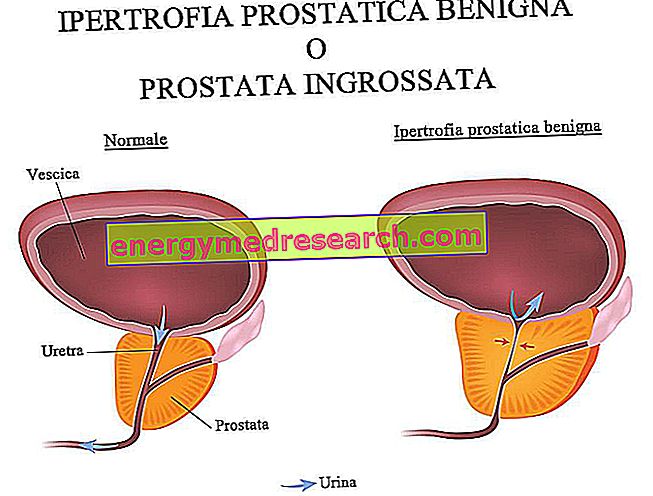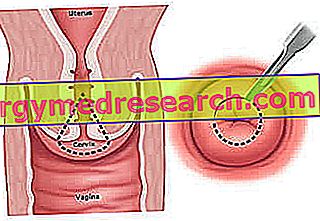Definition
Esophageal spasm is a motility disorder that affects the esophagus. In this pathological condition, the normal peristalsis of the esophagus is replaced by vigorous, painful and non-propulsive muscular contractions. Sometimes these spasms are associated with alterations in the tone and coordination of the lower esophageal sphincter (muscular valve located between the esophagus and the stomach).
The causes that cause the esophageal spasm are not yet known.
Most common symptoms and signs *
- Retrosternal burning
- Heartburn
- Dysphagia
- Chest pain
- Pain in the upper part of the abdomen
- Belching
- Nausea
- Knot in the throat
- odynophagia
- Acid regurgitation
- Sense of suffocation
- He retched
Further indications
The esophageal spasm typically occurs with an oppressive retrosternal pain, with sudden onset, which lasts a few minutes. This painful sensation can be aggravated following the ingestion of very hot or cold liquids and during exercise; in addition, it can awaken the patient during sleep.
The pain can be so intense that it is mistaken for a heart problem (sometimes it is indistinguishable from angina pectoris).

In the case of esophageal spasm, dysphagia (difficulty in swallowing solid and liquid foods) and regurgitation of undigested food material may also appear.
Over many years, the esophageal spasm can develop into achalasia.
The diagnosis is based on endoscopic investigations and esophageal manometry (a small tube is introduced through the nose that measures the pressure of the esophagus and the regularity of its peristalsis).
The treatment of esophageal spasm involves taking specific drugs, such as muscle relaxants, able to relax the muscles involved in swallowing.
In some cases, injections of botulinum toxin into the lower esophageal sphincter, balloon dilatation or surgical myotomy are indicated.



